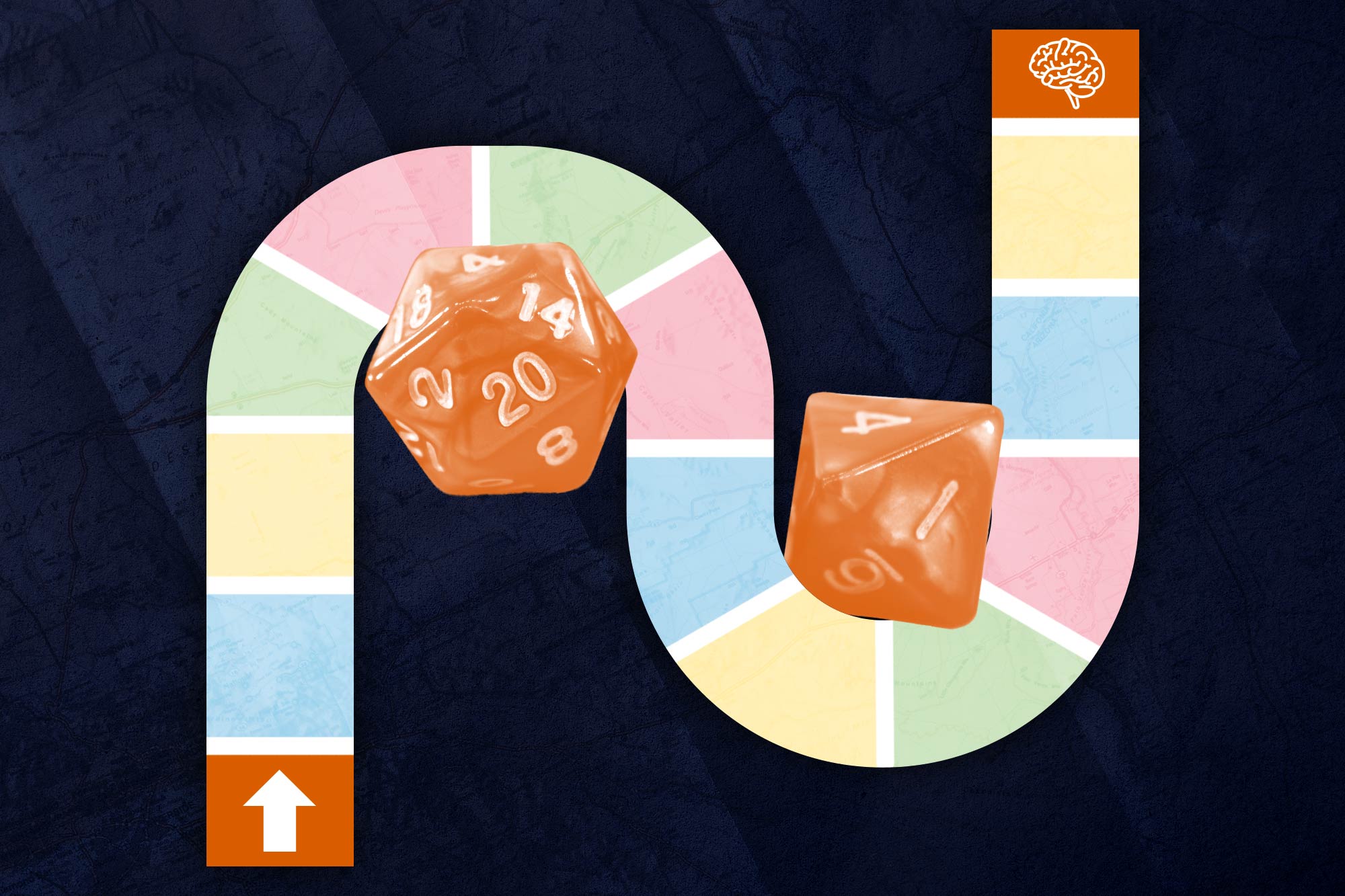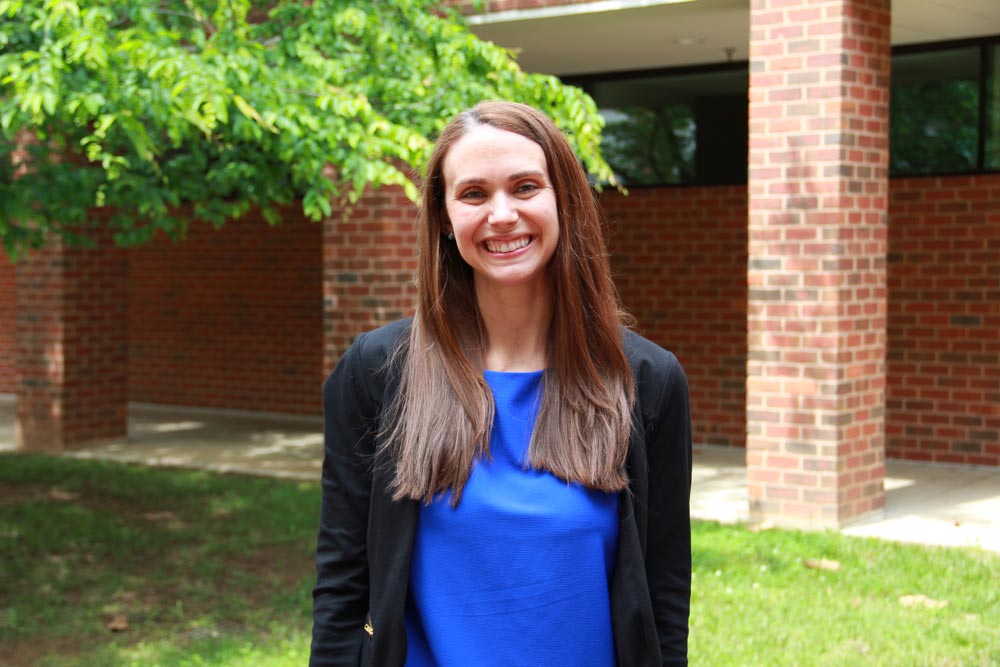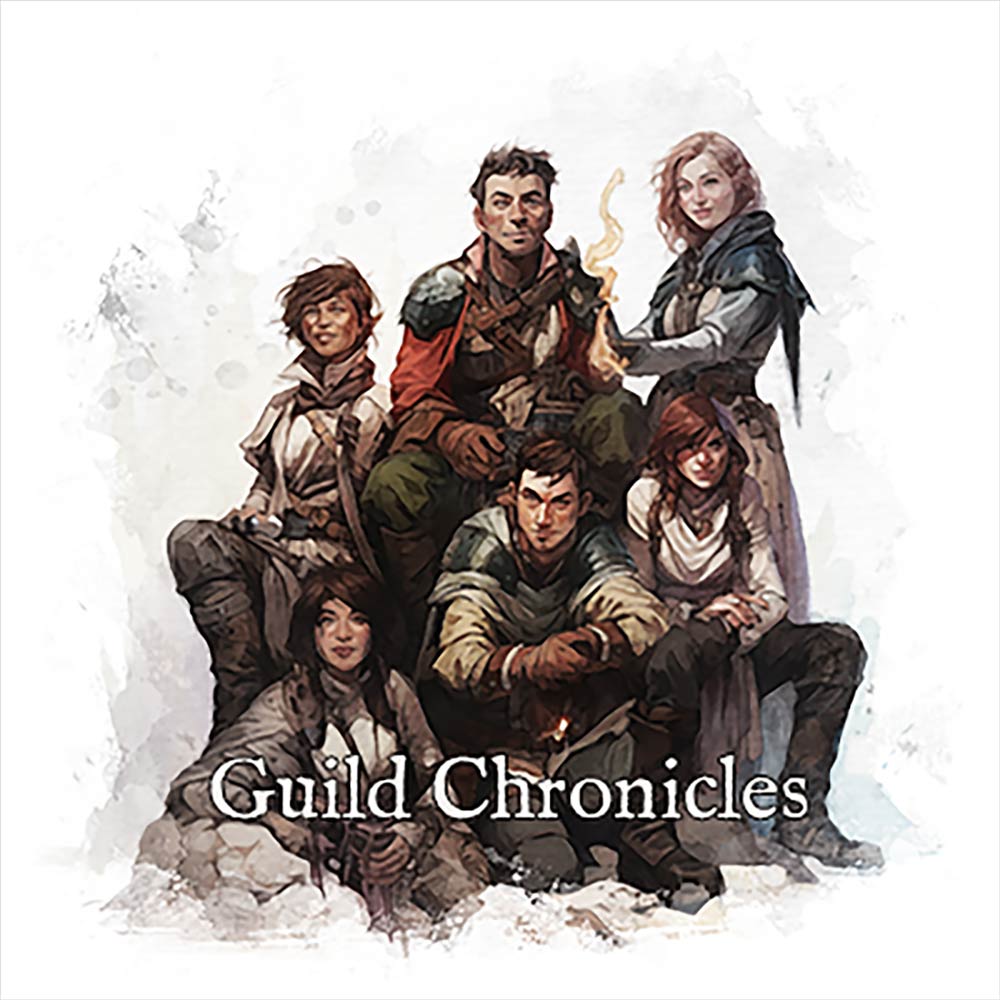“There has been much more research on and services available for autistic children and historically a lack of research on both autistic adolescents and adults,” she said. “Thankfully, there has been more research and examination recently, but more still needs to be done to make sure that teens and adults are supported throughout life, since autism is a lifelong neurodevelopmental condition.”
One of Pappagianopoulos’ first projects was to officially evaluate a role-playing game developed and used with teens in Massachusetts.
We reached out to Pappagianopoulos to find out more about the games and supporting skill development in autistic teens.
Q. How can games be a helpful teaching tool for teens with autism?
A. Games are a great way to bring people together, especially when they’re connected to someone’s specific interests. When there is that intrinsic motivation, the learning can sometimes almost be hidden behind doing something really fun.
I learned a lot through my work with the Massachusetts General Hospital Aspire program. We paired authentic, enjoyable experiences such as baking, creative writing, and games with social coaching. Pairing play with concrete, in-the-moment coaching is especially effective. Then in real time, teens can integrate the feedback into their practice and their play while they’re having fun with friends and new peers.
I’ve seen many people learn best by doing, including a lot of the autistic teens I’ve worked with. When working collaboratively toward a shared goal, that opens the door to just new ways to practice different social-emotional skills. The teens can take the feedback and try again in the moment. And they’re intrinsically motivated because they want to keep playing the game.
Q. Why is role-playing important for individuals with autism?
A. My (Boston) colleague Andrew Harris created the tabletop role-playing game Guild Chronicles – that works similarly to Dungeons and Dragons – but is especially designed to target the development of social emotional skills. He has continued to develop it over the years with input from autistic individuals.
In a role-playing game like this one, the storyteller creates the arc of the story to match the needs and goals of the players. Each participant in the group creates their own character and then they all work together in this fantasy world to fight monsters, complete quests, and overcome different challenges, all while collaborating to get to the next step in the game.
We saw, anecdotally, that this was working, and a lot of teens were learning these skills. They were building peer connections and learning how to manage frustration in the moment. As they played, they were able to collaborate with one another, vote on different things, make decisions, and practice flexibility.
Q. When you began your doctoral studies in clinical psychology, did you want to study the effectiveness of the game to see if your and Andrews’ hunches were correct?
A. Yes. I pitched the idea to professor Micah Mazurek and she was excited about it. So, with her support, I applied for grant funding from The Organization for Autism Research, and we got it. In my second year, I collaborated with Andrew to conduct the study. As the developer of the game, he was the lead facilitator of the groups and I was on the research side. We ran two groups of nine participants in total for eight weeks. Each session we played Guild Chronicles for 90 minutes.
Q. Like so many things during the pandemic, this game transitioned from in-person to virtual. What was different about the online environment?
Doing it virtually, of course, came with some drawbacks. There were some glitches, and the technology didn’t always work for us. But there were also many pros. It was a great way to be able to bring people together who may live in a more rural area.
We used the platform Discord and, in some ways, it made coaching a bit easier. If something was going on, we might send a message privately to a participant, giving them some social feedback in the moment.
That was great because in person, you can try to go up to someone and whisper, “Let’s take a five-minute break, and we’re going to talk through that social interaction.” But everyone sees that happening, and we never want it to be embarrassing. So being able to send a private message, being able to give that social coaching almost in an invisible way, was just so helpful.
We also saw that if a teen was navigating an interpersonal conflict, they might reach out to us and ask how they should respond. And then in real time, we might offer a suggestion, watch it play out and come back to say, “Oh, so that didn’t work. What can we try next?” or be able to give that positive reinforcement right away.
And then there were times where conflicts escalated a little bit more and we’d be able to jump into a different voice channel with someone and talk it through.
Q. What were the results of your study?
We saw improvements in social skills, especially in certain types of skills, like working together, advocating for yourself, and getting involved. We also found that loneliness decreased from the beginning of the intervention to the end, which we hypothesized because it was also a place for people to come together with others who have shared interests.
And like we thought, the learning happened almost indirectly. In the interviews we conducted, many participants picked up on that and said they were having so much fun they didn’t realize they were also learning skills until afterwards. I was so excited about that.
They also shared how they felt much better at social skills now. And at school, they could go up and ask people for their contact information or work on group projects, and it’s not that scary because Guild taught them how to do these things. So, overall, a lot of good things came from it.












